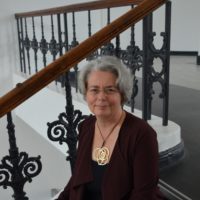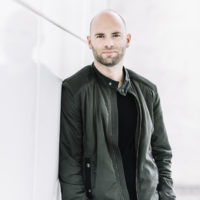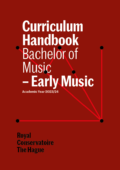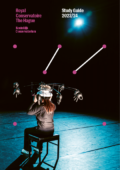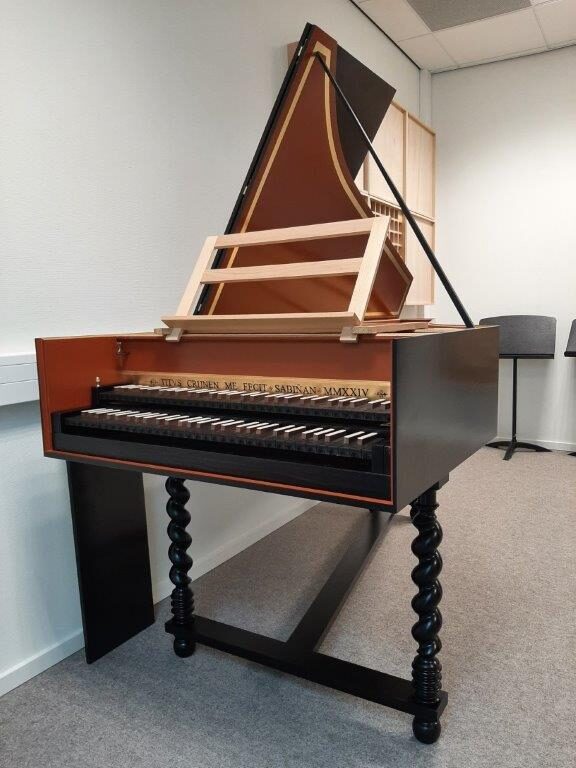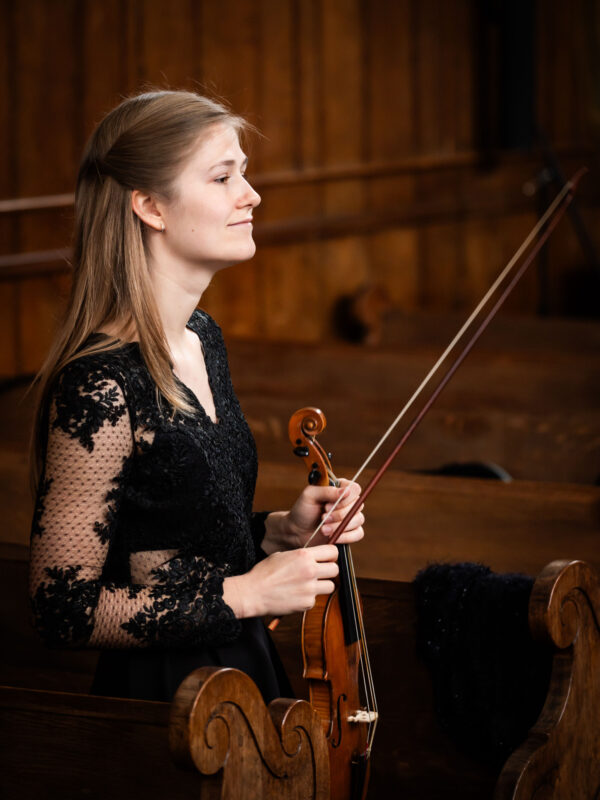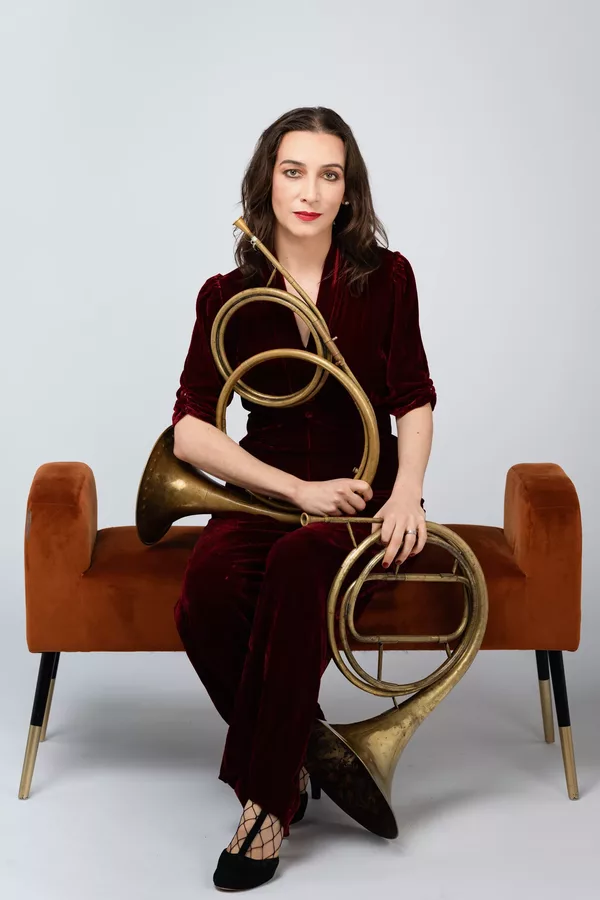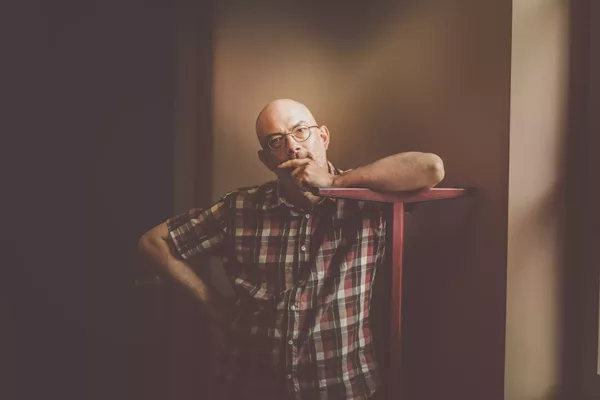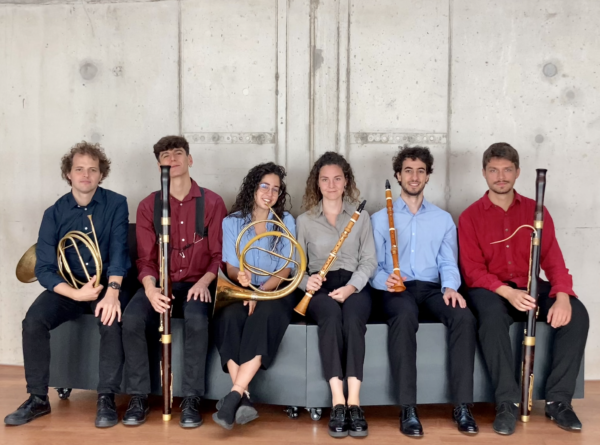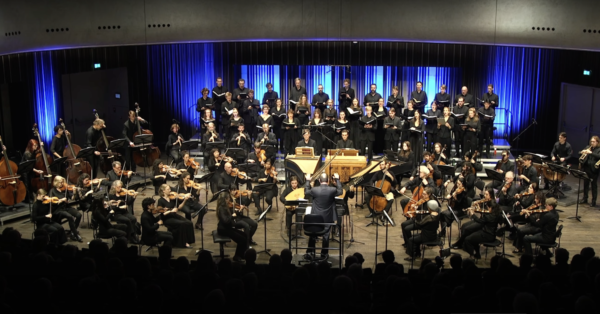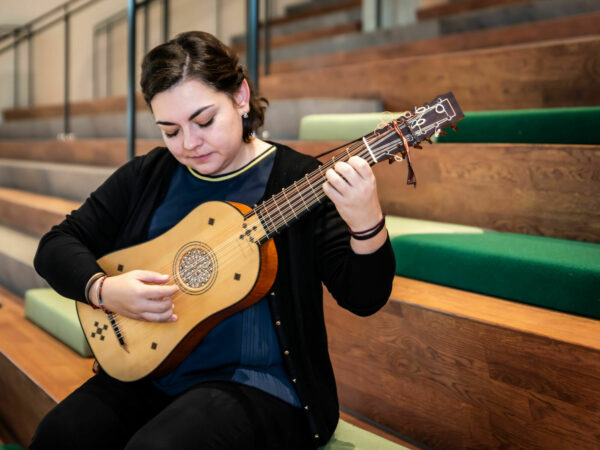The course in Natural Trumpet at the Royal Conservatoire has been regularly producing highly talented graduates for several decades now. The course is broken down into a series of stages encompassing the entire spectrum of professional practice. You will study the origin of the ‘clarino’ style, articulation and the art of rhetoric in music. In the 1950s vent holes were added to the copies of natural trumpets, which allowed some high harmonic notes to be produced without relying entirely on lipping. You will learn to play the instrument with and without vent holes.
The Bachelor in Natural Trumpet in the Early Music Department at the Royal Conservatoire is a highly practice-oriented course. In addition to the elements of the curriculum supervised by teachers, you will learn to develop projects of your own and discover ways of performing them convincingly for an audience. Although the course is highly practical in nature, the study of early music demands a good theoretical grounding and background knowledge of the history of music and instruments. You will therefore also study the fundamentals of basso continuo, the historic development of this instrument, as well as the practice and theory of ornamentation, diminutions, notation and analysis of style. Research is another essential feature of the programme and you will be introduced gradually to the subject with lessons in bibliography, source studies and research techniques.
You can give your Bachelor programme a more personalised profile with your choice from a range of electives, including baroque dance, style-related improvisation, advanced lessons in basso continuo and rhetoric. Master classes and lectures will be given regularly by specialists (musicians and musicologists) from the Netherlands and abroad.
More and more modern orchestras and ensembles use a natural trumpet, so taking a minor in natural trumpet is a valuable extra for students of modern trumpet.
The Early Music Department of the Royal Conservatoire enjoys a worldwide reputation as one of the largest and most important faculties of its kind. For more than fifty years the Department has formed a unique breeding ground and melting pot for talent in historical performance practice. Vocal and instrumental styles of music from the Middle Ages and the Renaissance up to the Romantic period are taught by musicians with an international reputation as authorities in their field. Because of the high standards demanded by the international teaching staff, a degree from the Royal Conservatoire is an automatic recommendation in professional circles.
Here, you can find an overview of teachers for Early Music.
Specifications
Language
English
Lessons
60 min/ week
Duration
4 years
Degree
Bachelor of Music
Tuition fee
Check 'Tuition fees'
Department head
Teunis van der Zwart
